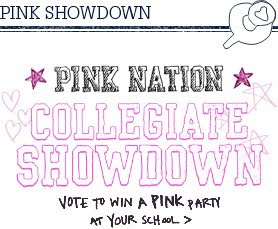
The questions were asked....and here's what we answered
- It's ok to be a B student if you are an A+ networker
- Dive right in. Engage in conversations. Keep the dialogue going. It's not weird or creepy to follow someone or tweet at them, so do it! We have so many tools available to us (Twitter, Facebook, LinkedIn, Flickr, Blogs, etc.) so use them and connect with as many people as possible!
advice for future humber PR students?
-don't be scared of the unknown. We came so far in just 4 months and future classes will do the exact same- connect with others and they will connect with you.
should humberPR hashtag specify our yr?
-NO! Social media is all about being inclusive, there is no reason to exclude others not involved in our section/program/year.
How can we strengthen our connection with the other section?
-Summer camp (aka our summer schedule is the exact same next semester so we are bound to see a lot more of them)
-engage them online AND in real life! Smile. Say hi. (pretty obvious.)
-perhaps future Humber PR classes can be section-free and people will be mixed throughout all of their classes (like highschool!).
So, what I am getting at is even though the class is over, our social media journey will continue. The value of social media is dramatic and I am very happy that I have knowledge about this emerging field.
Alright, until next time social media friends....keep blogging/texting/tweeting/uploading/facebooking/etc. and have fun!!!!!
Follow me on twitter ...and my classmates who shared in my discussion for non-profits: Shelley Burgoyne, Megan Vickell, Kara Merpaw, Jess Sanchez, etc.!!!!!
















